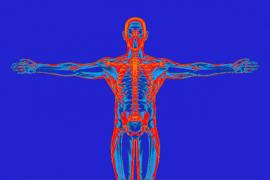Radioisotope studies are based on the fact that into the blood, the respiratory tract, digestive tract, are administered radioactive isotopes - a substance having the property of radioactive radiation. These isotopes are in a mixture with substances that accumulate mainly in one or another organ. Radioactive isotopes are thus the marks by which to judge the presence of various drugs in organ.
Radioisotope studies are carried out to achieve two objectives:
- Evaluation function of an organ or system and its changes under various diseases;
- Obtaining images of organs during their inflammatory, neoplastic disorders.
Tests, developed with using radioisotopes help detect diseases:
- Bone tumors, heart disease;
- Parkinson's Disease,
- Alzheimer's;
- Endocrine glands;
- The digestive system;
- Crdiovascular system;
- Prostate cancer.
Most people, at some point in their lives, need in a test and the services of a Radioisotopic Pathologist for life extension and improve the quality of life.
hide
 Radioisotopic Pathology uses the science of radioisotopes in the imaging, diagnosis, and treatment of diseased organs, tissues, and body fluids.
Radioisotopic Pathology uses the science of radioisotopes in the imaging, diagnosis, and treatment of diseased organs, tissues, and body fluids. 






